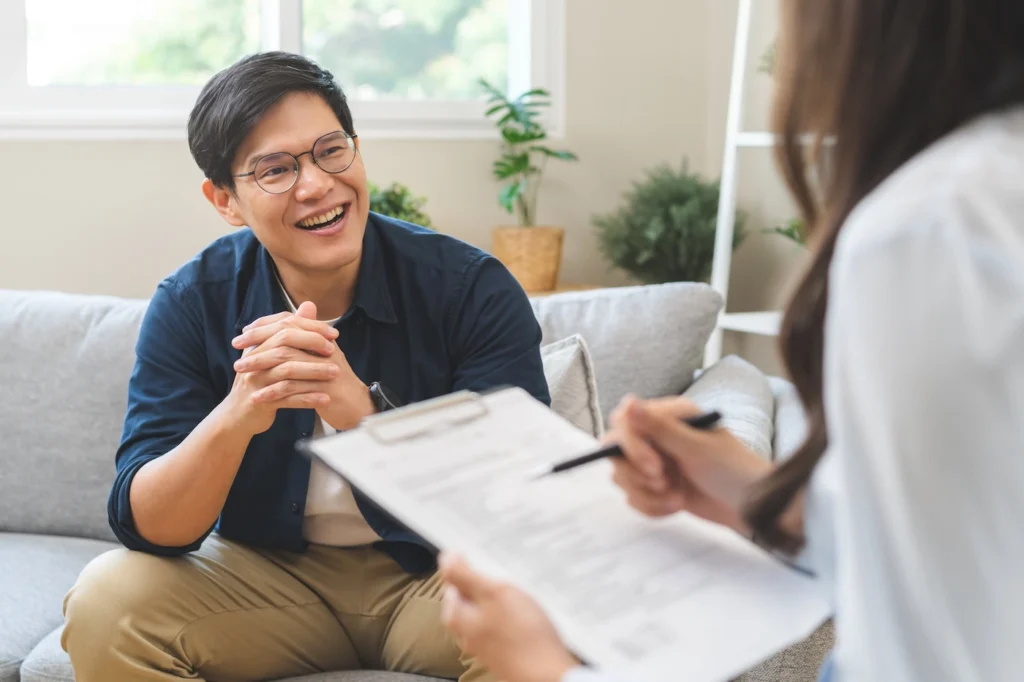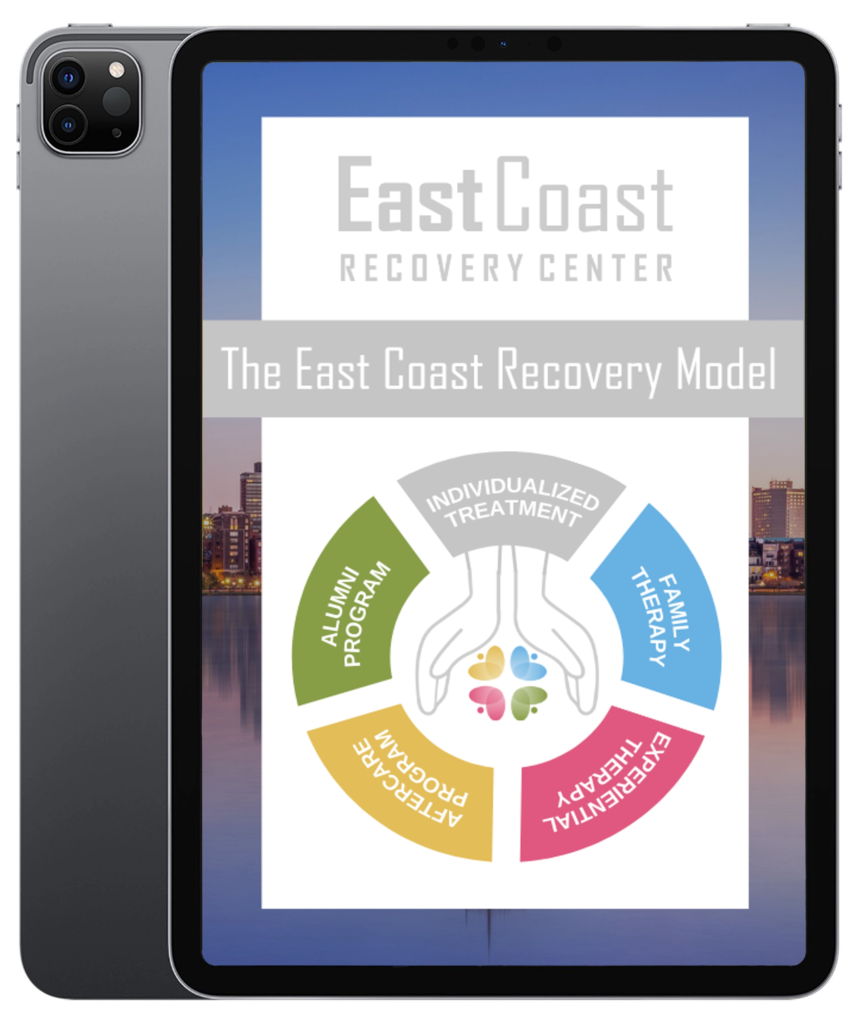
Boston is making progress against the opioid epidemic, but the crisis isn’t over. City data show a 39 percent drop in opioid-related overdose deaths between May and August 2024 compared with the same months in 2023—encouraging, yet fragile gains that still leave far too many lives at risk.
In the West End—a neighborhood tucked between Beacon Hill and the Charles—proximity to the historic Mass General Hospital puts high-quality medical care on your doorstep. Even so, many residents struggle to access specialized addiction services quickly enough. That gap is exactly what East Coast Recovery’s West End drug rehab program was designed to bridge.

East Coast Recovery started as a single sober-living home where people could focus on healing instead of hiding. Today, we’ve grown into a full outpatient center in Cohasset, MA—about a 35-minute drive or MBTA/commuter-rail ride from the West End—yet our founding spirit is unchanged:
These values aren’t marketing fluff; they’re the daily code we live by. When we say, “We’ve got you,” we mean it—whether that looks like arranging a Lyft for an AA meeting on Staniford Street or celebrating your 90-day milestone with a beachside cookout after group therapy.
Recovery isn’t linear, so our clinical continuum flexes with your needs.
Our Day Treatment runs five full days per week (about six hours a day). You dive into individual counseling, evidence-based group sessions, and psychiatrist-led medication management while still sleeping at home. For many West End residents, Day Treatment is the sweet spot: intensive support without the cost or disruption of residential treatment. Learn more about our Day Treatment program.
When you’re ready for more autonomy, Partial Day Treatment meets three or four times a week—often in late afternoon or evening blocks that fit around work or class. You’ll sharpen relapse-prevention and coping skills while practicing them in real life each night back in Boston.
Standard outpatient therapy (one or two sessions weekly) keeps you tethered to professional support once you finish one of our programs. We’ll also help you craft an aftercare blueprint—connecting you to alumni events, a sober-living house if needed, and your preferred West End meetings—so momentum never stalls.
Roughly half of people with substance-use disorders battle anxiety, depression, PTSD, or ADHD too. That’s why East Coast Recovery offers dual-diagnosis treatment: licensed therapists and psychiatric clinicians collaborate so mental-health care and addiction care happen in sync, not in silos.
When appropriate, we integrate Medication-Assisted Treatment (MAT) with FDA-approved medications such as buprenorphine or naltrexone. Research shows MAT can reduce cravings, lower overdose risk, and allow the brain to relearn healthier reward pathways—giving the therapy you do a stronger foothold. We’ll explain the science in plain English and adjust dosages carefully; you stay in control of every decision.
Neuroscience tells us that new environments and novel experiences accelerate brain change. So one afternoon you might role-play boundary-setting in a group session, and the next you’re on a quiet South-Shore beach, bare feet in the surf, discussing mindfulness with peers. These Friday beach sessions started as an experiment; they’re now a beloved ritual.
Back at our Cohasset campus you’ll find:
Holistic doesn’t mean unscientific. Every modality we use—whether dialectical-behavior therapy or a group gratitude walk—is grounded in evidence that it supports neuroplasticity and emotional regulation.
We partner closely with community staples like the West End Clinic at Massachusetts General Hospital, a renowned outpatient hub for substance-use and co-occurring disorders. If you need specialized medical services—detox, advanced psychiatric testing—we’ll coordinate with their team to ensure seamless care.
Nearby peer-support meetings abound:
Because early recovery can feel daunting, we provide transportation to at least three outside meetings each week. Real-world practice plus professional treatment equals durability—the kind of sobriety that sticks when life throws curveballs.

If addiction is blotting out joy in your West End life, remember: recovery isn’t about what you lose—it’s about what you gain. We’ve seen hundreds reclaim careers, families, and Saturday-morning coffee runs without the hangover. The next success story could be yours.
Our admissions line is open 24 / 7. No judgment, no hype—just a caring professional ready to listen and guide you forward.
Hospitals excel at acute stabilization. We excel at comprehensive, long-term transformation. You’ll still have licensed clinicians and, when needed, MAT—but also experiential therapies, peer fellowship, and real-life practice applying new skills in the West End community.
Not necessarily. Day Treatment Program is daytime-intensive, but Partial Day Treatment Program meets late afternoons or evenings so you can keep your job or classes. Many West End clients commute after work; some even log in remotely for certain sessions if clinically appropriate.
Typical ranges:
We adjust length based on progress, not a calendar.
Yes. We offer rides to and from our Cohasset campus for Day Treatment Program and Partial Day Treatment Program when public transit or driving isn’t feasible, plus evening shuttles to local meetings. If you’re mobility-constrained, we’ll create a custom plan so geography never blocks recovery.
Our dual-diagnosis team treats disorders like anxiety, depression, PTSD, and bipolar concurrently with addiction. That integration helps lower relapse risk and raises overall quality of life.
We’re in-network with many Massachusetts and national plans. Even if we’re out-of-network, benefits often cover a substantial portion of costs. Our specialists will verify coverage and outline any out-of-pocket numbers up front.
Absolutely. With your consent, we schedule family therapy, education nights, and progress updates. Addiction isolates; recovery reconnects.
You’ll leave with a personalized aftercare roadmap: continued therapy, an alumni mentor, recommended West End meetings, and—in some cases—referral to a sober-living residence. Alumni events and check-in calls keep you linked to our community for life.

Download Our FREE East Coast Recovery Model eBook
FREE Insurance Verification










Helping Those Struggling With Addiction Achieve SUCCESS